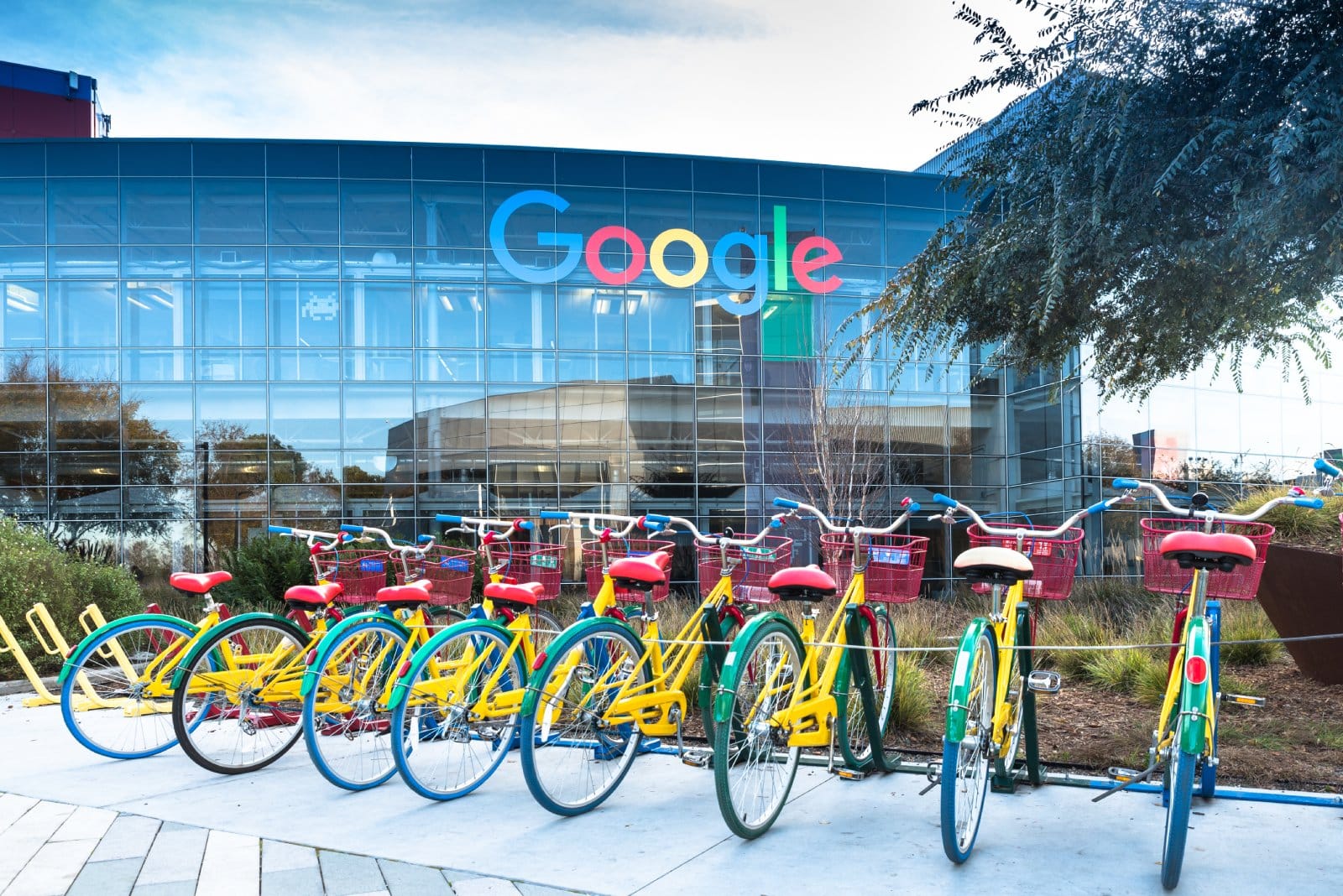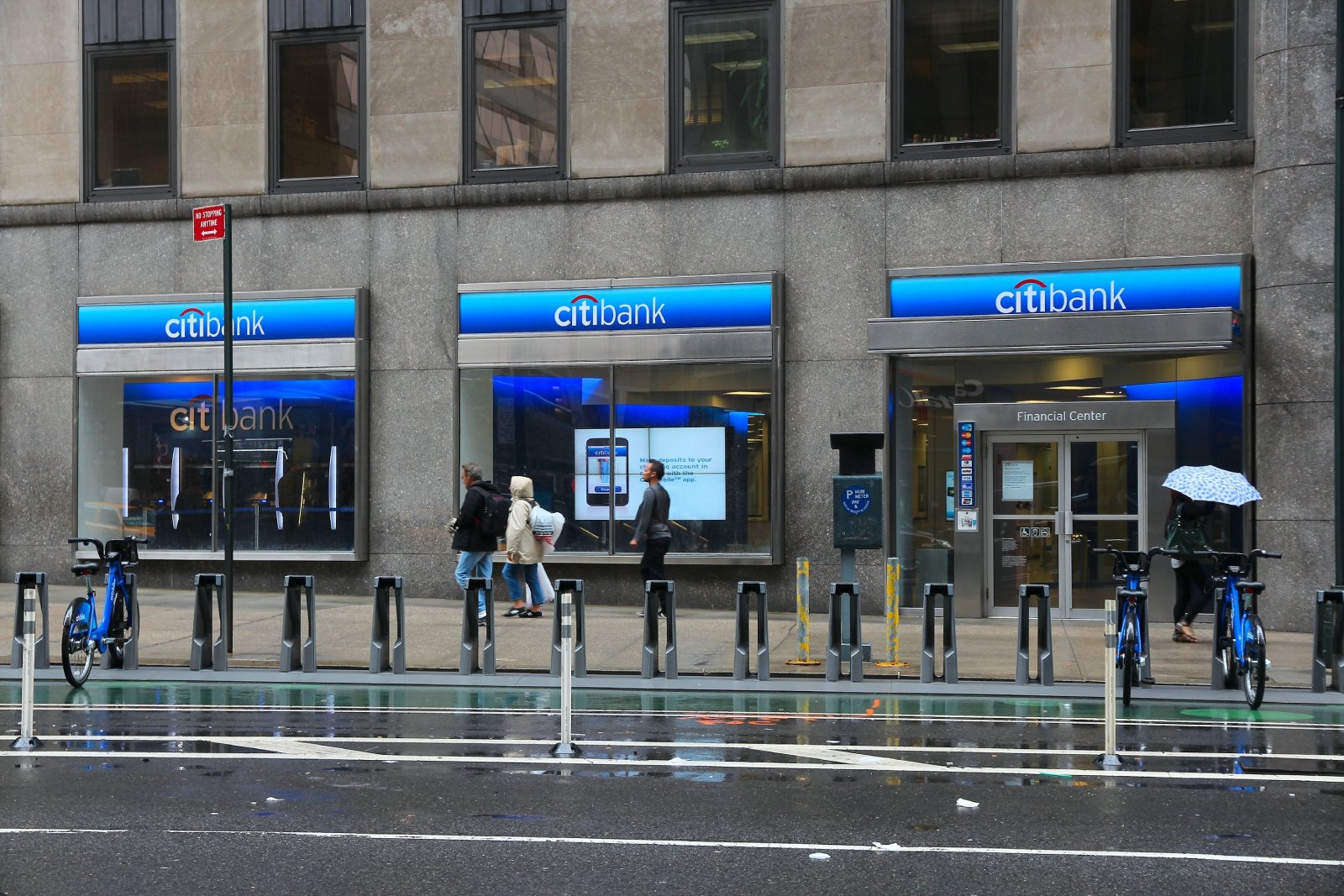In today’s turbulent economic climate, job security feels more uncertain than ever. As major companies cut thousands of jobs, one can’t help but wonder if you or your family might be next. Here’s a look at which companies are making cuts and what it means for you.
1. Nike Cuts Deep

Nike is slashing its workforce as part of a $2 billion cost-cutting initiative, affecting thousands of jobs. This move reflects the company’s need to streamline operations amidst declining sales. If you’re in retail or sportswear, could your job be at risk?
2. Google’s Engineering Overhaul

Google has recently laid off hundreds of workers in its central engineering and hardware teams. This significant reduction hints at a shift towards AI and automation, impacting jobs that once seemed secure. Are tech jobs as stable as they used to be?
3. Discord’s Efficiency Drive

Discord has cut 170 jobs due to inefficiencies following rapid growth. This decision is part of a trend where tech companies tighten their belts after expanding too quickly. If you’re part of a growing tech firm, could you be next on the chopping block?
4. Citi’s Major Overhaul

Citi plans to cut 20,000 positions as part of a sweeping corporate overhaul. This massive reduction aims to streamline the banking giant’s operations and improve profitability. If you’re in finance, are you prepared for industry-wide job cuts?
5. Twitch Restructures

Owned by Amazon, Twitch is cutting 500 jobs, impacting over a third of its workforce. This move highlights the challenges streaming services face in a competitive market. Could your job be vulnerable to similar industry pressures?
6. BlackRock Trims Staff

BlackRock is reducing its workforce by 3%, affecting around 600 employees. As the world’s largest asset manager adapts to market volatility, job security in financial services is becoming increasingly tenuous. Is your career in finance at risk?
7. Rent the Runway Restructures

Rent the Runway is cutting 10% of its corporate jobs amid a significant restructuring. This reflects broader issues in the retail and fashion sectors struggling to bounce back post-pandemic. Could your job in retail or fashion be the next to go?
8. Unity Software’s Major Cuts

Unity Software is eliminating 25% of its workforce, around 1,800 positions. This drastic measure underscores the volatility in the tech industry, especially for companies that grew rapidly during the pandemic. Are you worried about layoffs in your tech job?
9. eBay Reduces Its Team

eBay is cutting 1,000 jobs, about 9% of its workforce, as it aims to stay competitive. This cut is a stark reminder of the ongoing challenges in e-commerce. If you work in online retail, how safe is your position?
10. Microsoft’s Gaming Division Downsizes

Microsoft is reducing its headcount by 1,900 in gaming divisions, including Activision Blizzard and Xbox. These cuts reflect shifting priorities and the challenging landscape of the gaming industry. Are gaming jobs as secure as they once seemed?
11. Salesforce Trims Jobs

Salesforce is cutting 700 employees, about 1% of its global workforce. Despite its growth, the company faces pressures to maintain profitability. If you’re in software sales, how stable is your job?
12. Flexport Adjusts to Market Conditions

Flexport is laying off 15% of its staff, around 400 workers, to adapt to global trade dynamics. This adjustment highlights the instability in logistics and shipping industries. Could your job in logistics be at risk?
13. iRobot Cuts Following Leadership Changes

iRobot is reducing around 350 employees and seeing the departure of founder Colin Angle. This reflects the challenges in consumer robotics amidst changing market demands. Are tech jobs in emerging industries safe?
14. UPS Streamlines Operations

UPS is reducing its workforce by 12,000 by the end of 2024 as it strives for greater efficiency. This significant cut will likely impact many families dependent on logistics jobs. Could your position in delivery services be next?
15. PayPal Resizes

PayPal is laying off about 2,500 employees, or 9% of its workforce, reflecting shifts in the fintech sector. The move highlights ongoing volatility in digital payments. Is your job in fintech as secure as you think?
16. Okta Reduces Headcount

Okta is cutting roughly 7% of its workforce, around 400 employees, due to market adjustments. This reduction shows the pressures even successful tech companies face. Could your role in cybersecurity be affected?
17. Snap Cuts Back

Snap is reducing its global workforce by 10% as it tries to curb financial losses. This significant reduction underscores the difficulties facing social media companies. Are social media jobs becoming more precarious?
18. Estée Lauder’s Cosmetic Cuts

Estée Lauder is eliminating up to 3,100 positions, or 3% to 5% of its workforce, to adjust to market dynamics. This move reflects broader challenges in the beauty and cosmetics industry. Could your job in this sector be next?
19. DocuSign Reassesses Needs

DocuSign is cutting about 6% of its workforce, mostly in sales and marketing, due to declining demand. This highlights the post-pandemic adjustment many tech firms are undergoing. Is your tech sales job secure?
20. Zoom Adjusts Post-Pandemic

Zoom is slashing 150 jobs, about 2% of its workforce, as demand normalizes after the pandemic surge. This shows that even booming companies aren’t immune to layoffs. Is your remote work tool company as stable as you thought?
21. Paramount Global Tightens Belt

Paramount Global is cutting 800 positions, about 3% of its workforce, focusing more on streaming services. This reflects the shifting landscape in media and entertainment. Could your job in media be under threat?
22. Morgan Stanley Refocuses

Morgan Stanley is trimming several hundred staffers from its wealth management division. This reduction is part of the financial sector’s broader trend towards efficiency. Are financial services jobs becoming more volatile?
23. Cisco Cuts Costs

Cisco is slashing over 4,000 jobs, about 5% of its workforce, due to market challenges. This move shows the intense pressures in the tech hardware industry. Could your job in tech hardware be next?
24. Expedia Group Optimizes

Expedia Group is reducing its workforce by more than 8%, impacting about 1,500 roles, due to fluctuating travel demands. This highlights the ongoing instability in the travel sector. Is your job in travel and tourism secure?
25. Sony Reorganizes PlayStation Studios

Sony is cutting 900 workers from its PlayStation Studios to refocus on core projects. This reduction underscores the competitive pressures in the gaming industry. Are jobs in gaming development becoming more unstable?
The State of US Industry

These cuts highlight a broader trend of corporate restructuring and efficiency drives across various industries. As companies adapt to changing market conditions, the impact on employment is profound and unsettling. How will you navigate this uncertain job market?
Remote No More: 19 Companies Returning to the Office

As the pandemic wanes, companies are recalling remote workers back to the office, sparking debates on fairness, costs, and convenience. However, there are also notable productivity, coworking, and mental health benefits to consider. Feeling the effects of these changes? Remote No More: 19 Companies Returning to the Office
8 Costco Must Buys and 8 to Leave Behind

Ever wandered Costco’s aisles, questioning if that giant jar of pickles is a real bargain? Or debated buying tires where you get your rotisserie chicken? Welcome to the definitive guide to Costco shopping—a journey to save money, prevent regrets, and offer quirky insights into bulk buying. 8 Costco Must Buys and 8 to Leave Behind
23 Reasons Texas Is the Next Big Thing

Texas is becoming a beacon of opportunity, blending cultural heritage with economic growth. From its landscapes to its industries, the Lone Star State offers a dynamic lifestyle. Here are 23 reasons why Texas stands out, attracting entrepreneurs, artists, tech professionals, and families seeking new beginnings. 23 Reasons Texas Is the Next Big Thing
Featured Image Credit: Shutterstock / I Wei Huang.
The content of this article is for informational purposes only and does not constitute or replace professional financial advice.
For transparency, this content was partly developed with AI assistance and carefully curated by an experienced editor to be informative and ensure accuracy.

